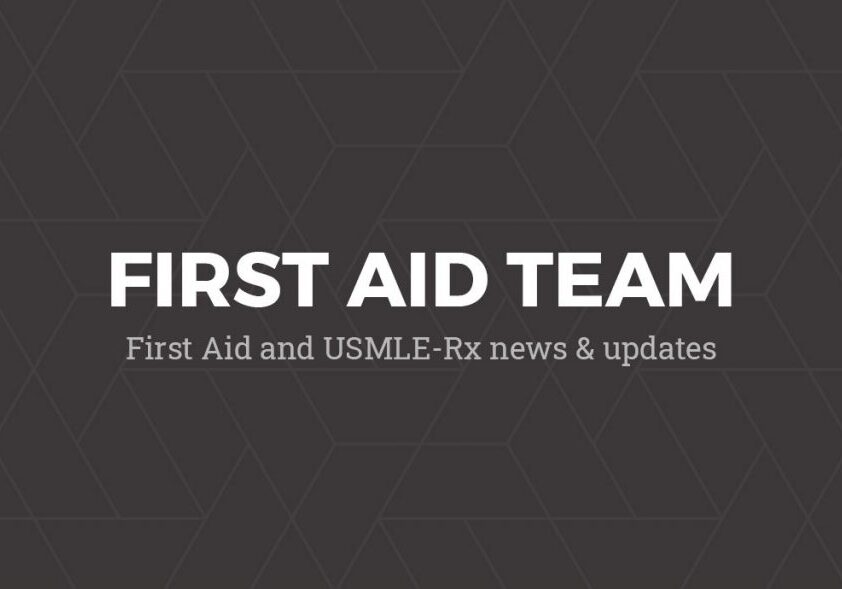Self-assessments (or practice tests) can be extremely useful at pretty much any point in the process of studying for the USMLE. Before you start your focused study period, a self-assessment can provide a valuable baseline to guide you as you develop your study schedule (see my most recent post). In the middle of your study period, a self-assessment can give you an idea of how well your approach to studying is working for you. As you get closer to exam day, you may want to take one as a predictor for your performance on the actual exam…though I would caution you not to put too much stock in the score predictions derived from these tests.
So you might be thinking to yourself, “These self-assessments sound amazing. Where can I find one?” The first place you should consider is the National Board of Medical Examiners (NBME) – the folks who write and administer the USMLE itself. The Comprehensive Basic Science Self-Assessment (CBSSA) forms are the ones you’re looking for if you’re preparing to take Step 1. You can purchase two versions of these self-assessments (see below). Both options provide you with an abbreviated practice test, employing a version of the FRED software and consisting of 4 blocks of 50 questions (as opposed to the 7 blocks of 46 questions you’ll see on exam day) with 1 hour to complete each block. You can take about as much break time as you like between blocks. Currently, there are six CBSSA forms available; four are available with “enhanced feedback”.
NBME CBSSA standard option ($50 per form):
- Scaled score with score interpretation guide
- Performance profile – broken down by subject, compare to other test takers
Longitudinal performance profile available if you’ve taken more than on CBSSA form – can help with gauging progress over time
“Enhanced feedback” option ($60 per form) – you’ll additionally receive:
- Analysis of your incorrect answers
% incorrect by subject
Average time spent on items with incorrect answers
% of incorrect “marked” in exam software
- Ability to review the text of items answered incorrectly
I think these are a good deal, given the amount of feedback you get. However, I do have one important word of caution regarding the NBME CBSSA forms. The rumor on the street is that these exams are composed primarily of the questions that get thrown out of the actual Step 1 exam. Regardless of the truth of this statement, you should be careful putting too much stock in the predictive value of these exams. These are not the questions you’ll receive on exam day. They are intended to test the same broad concepts, but the specifics will undoubtedly vary between the CBSSA forms and your version of Step 1.
Beyond the NBME forms, most companies that offer question banks (see this post for more on those) also offer self-assessments. The advantages that these offer over the NBME forms:
Often less expensive than the NBME forms when you purchase them with a question bank subscription
Ability to not only review text of incorrect items, but also the correct answer and explanations for each answer
Final note: don’t put too much stock in the predictive value of self-assessments. You’re probably thinking, “Then, why did you say they were so useful?!?” Relax…I only say this (three times, actually) to ensure that you don’t stress yourself out over a low predicted score or set yourself up for disappointment due to a high score on one of these tests. The margin of error on these things is on the order of 20 points, depending on which one you’re talking about. Use them as a guide – not a promise – and you’ll get the most out of them. If you can’t relax, you won’t be able to focus.





Pingback: nifty tips|nifty charts|stock charts